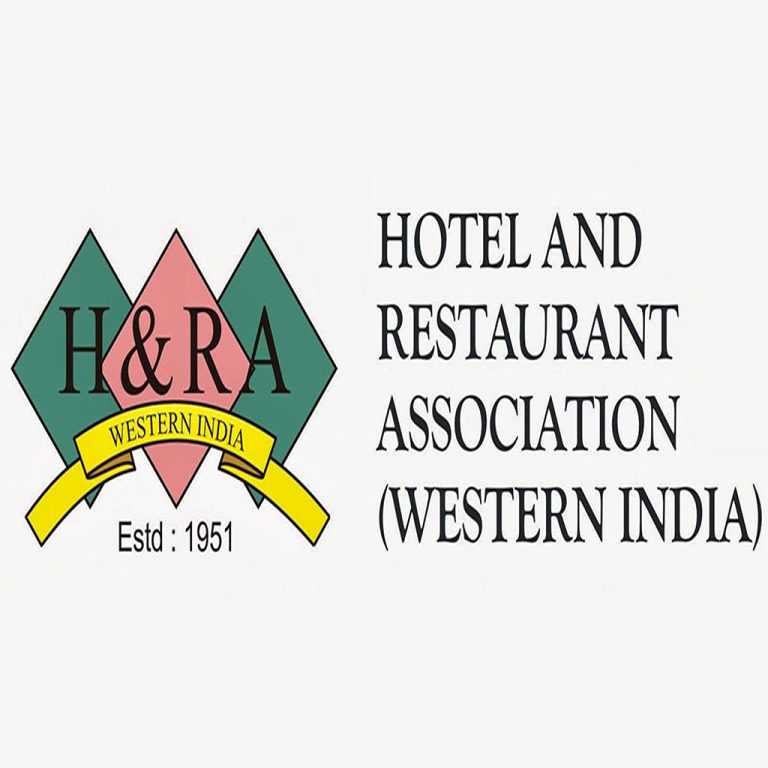The Hotel and Restaurant Association of Western India(HRAWI) welcomed the latest Public Notice issued by the Department of Promotion of Industry and Internal Trade (DPIIT) directing Copyright Societies to not collect royalties for playing sound recordings at wedding functions or other such social festivities associated with marriage. The DPIIT has clarified that such collections are in violation of Section 52 (1) (za) of the Copyright Act 1957, which specifies that the performance of literary, dramatic or musical works or the communication of such works or sound recordings during bonafide religious ceremonies including marriage processions and related social festivities, does not constitute an infringement of copyright.
“The directive of the DPIIT that license from copyright societies is not required for marriage and related functions, has come as a big relief for the hospitality industry. Despite there being clear provisions in the law, the copyright societies and agencies have been violating the law for the last two decades and harassing customers and hotels with all sorts of intimidating tactics. Hotels were unnecessarily caught between customers who are unwilling to pay and copyright societies that target hotels for the usage of music by the public. HRAWI has been rigorously pursuing with various Government authorities, highlighting the misconducts of copyright societies which end up in constant harassment to hospitality establishments and unnecessary financial burden to the guests. This directive is a result of HRAWI’s commitment and perseverance to work towards creating a conducive business environment for its members. We are extremely grateful to the DPIIT for issuing directions to the copyright societies/agencies to desist from making demands from consumers which will aid the Ease of Doing Business and is in Public interest,” says Pradeep Shetty, President, HRAWI.
The public notice warns Copyright Societies of legal action if they continue to act against the latest directive. It also cautions general public to not comply with any demands from individuals or organizations or copyright societies that violate Section 52 (1) (za) of the Copyright Act 1957.


